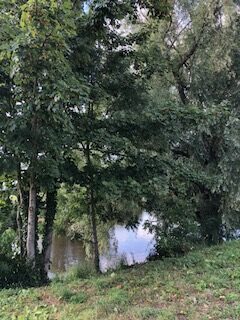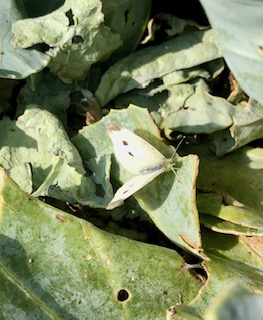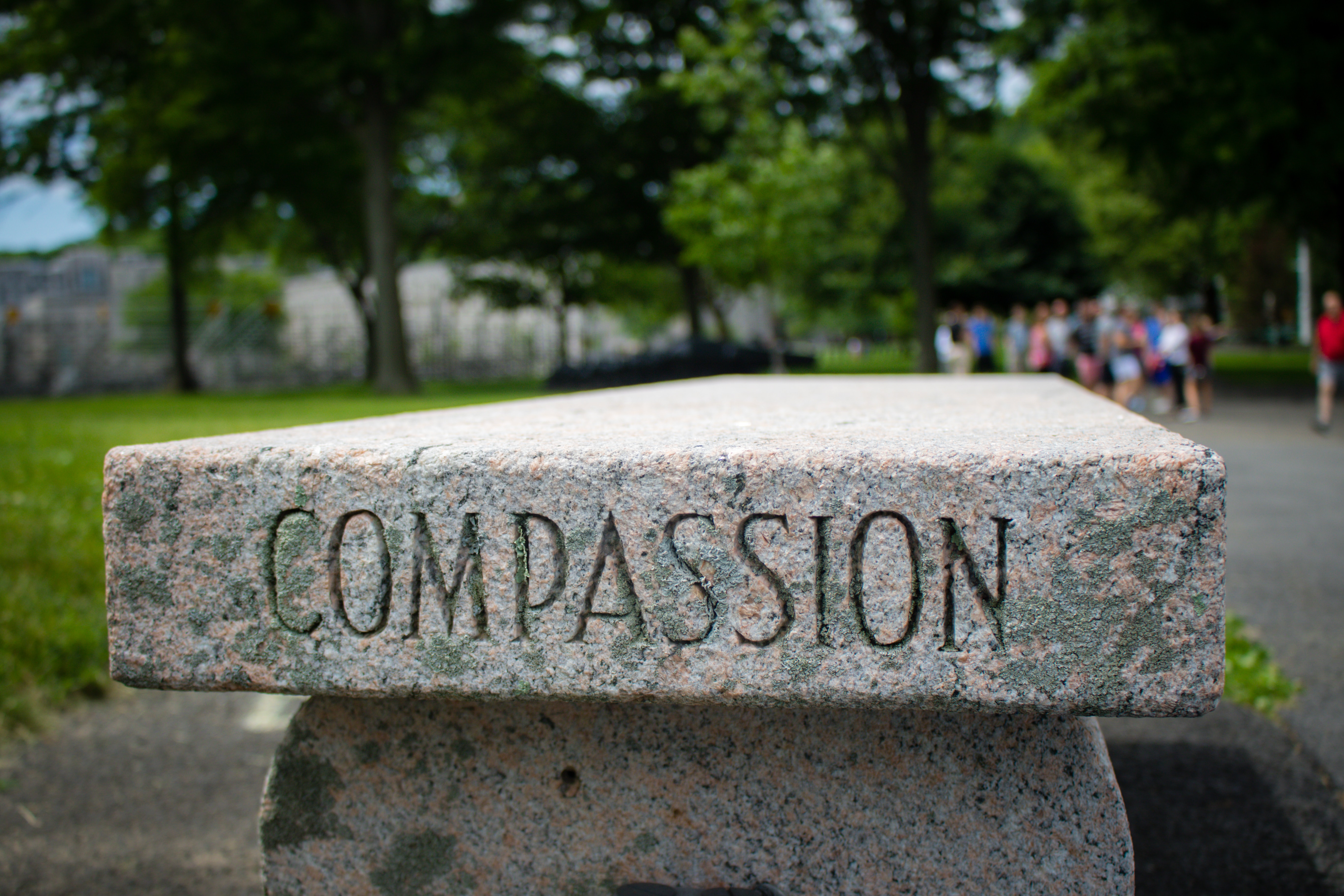From a very early age, I have been in love with the natural world. Perhaps my mother sparked this, placing me in my pram, swaddled in blankets, under a tree in the garden.
Whatever the impetus, the outside is where I’ve always wanted to be. By today’s standards, my childhood was somewhat wild and I roamed the parks and woods with friends much younger than most kids would now. But where some children have street smarts, I had nature smarts. I never came to any harm despite my wanderings and loved the freedom I had been granted.

Childhood wisdom
I knew from shared folk knowledge what I could eat and what I couldn’t; when a tree was too high to climb; water unsafe to swim in. The seasons, not the calendar, marked my days: the arrival of froglets in spring, berries in summer and beechnuts in fall. Winter cold never bothered me and it was irksome to wear a coat. It was even more irksome to have to sit inside on rainy days.
Because for a child, the natural world holds a cornucopia of treasures. Unlike the longed for toy discarded by New Year’s, it offered an ever changing selection.
That love and fascination has never left me. If anything, it has grown over the years, with an attempt to learn more about the environment and ecology. When all the human world fails me, it is to nature that I turn for solace. And it is nature that is helping me heal.
Nature’s healing
I spend a great deal of time outside, with Hermione – sometimes in the garden and sometimes in the shed. It is my outside office: perfect for journaling and dreaming.
With stress contributing to all illnesses, it is essential that we have a place where we can shed the coils of worry that ensnare us. For me, it is my garden or the sea where worries seem, quite literally, to be blown away.



With so much anxiety over loved ones who are suffering at the moment, it is easy to fall into despair. Life, after all, is undeniably cruel. On Tuesday, feeling low myself with infections brought on my stress, I took to my shed to write my morning pages.
This extract, somewhat polished, is what I wrote:
This is happiness
Out the window, above the Tibetan flags of washing, the Downs embrace the town. Higher still, clouds lined in grey silk amble across the skies. As they pass onwards, they pull the shadow from the hills, revealing the bright green, inch by inch, like a strip-tease.
It is neither warm nor cold. Summer and autumn are battling for dominance. Summer brings warm temperatures and autumn, a chill breeze.
The garden has lost her deep green hue and has the look of one exhausted by fecundity. Curling leaves are scattered across the lawn.
I am not well today, yet cannot feel sad or self-pitying. Look! The sun has turned the Japanese anemones the white of a Geisha’s painted face; a butterfly is zigzagging across the grass in search of nectar; Hermione’s warm body rests on my foot …
Observation studies
Observing intently and writing soon become a form of meditation and prayer. Faced with the complex marvels of nature, we are strengthened in our understanding of life’s circularity and that each moment is unique. It helps to anchor us in the now.

We may choose to take our observations further – to create art, or initiate learning. These too uplift us.
Just before I began this, I read the latest Red Hand Files post by Nick Cave and he wrote:
Joy is not always a feeling that is freely bestowed upon us, often it is something we must actively seek. In a way, joy is a decision, an action, even a practised way of being.
Nice Cave, Red Hand Files 299
Everything he says is brilliant, but what struck me most forcefully is the line ‘joy is a decision, an action, even a practised way of being’. And he is right. We must choose joy despite knowing that life will not always provide it. We must live with the intention of finding joy and bringing it to others and that will require a certain amount of sustained action: ‘practised way of being.’
For me, the natural world and its meditative observation is my practice. The more I commit to my practice, the better I feel. And joy is an emotion that we wish to share, that makes us look beyond ourselves and saves us from the solipsism of depression.
In these difficult times, I hope you find your path to joy.
Please note that there will be no post next week, as I shall be attending my brother-in-law’s funeral.





